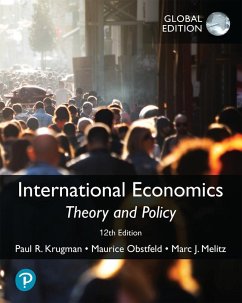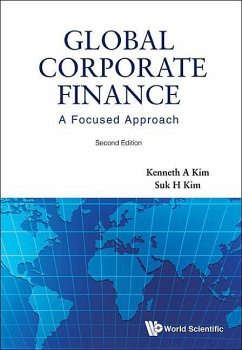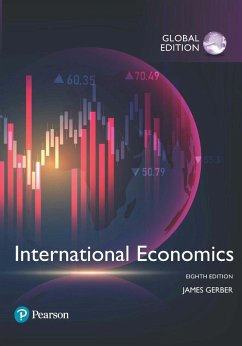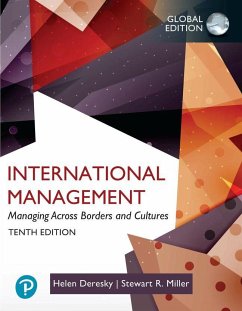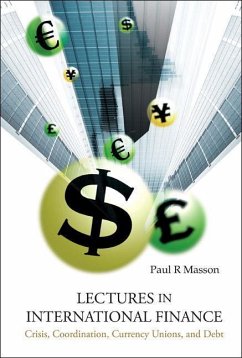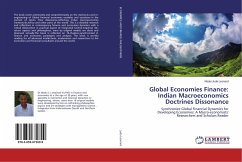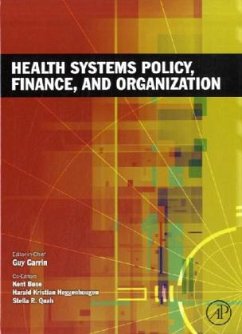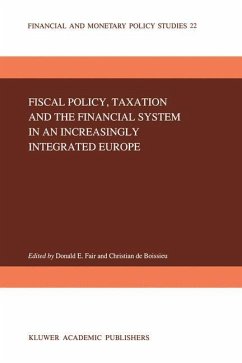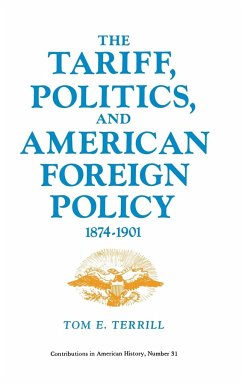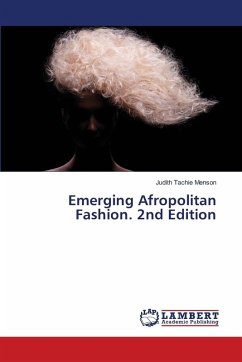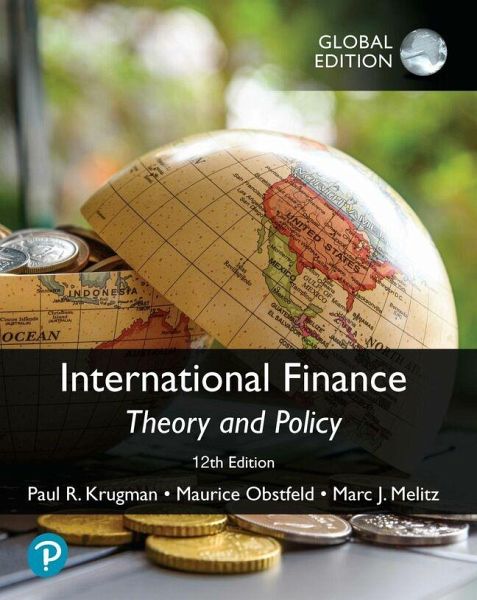
International Finance: Theory and Policy, Global Edition
Theory and Policy, Global Edition

PAYBACK Punkte
33 °P sammeln!
For courses in International Finance. A balanced approach to theory and policy applications International Finance: Theory and Policy provides engaging, balanced coverage of the key concepts and practical applications of the discipline. An intuitive introduction to international finance theory is followed by detailed coverage of policy applications. With this new 12th Edition, the author team of Nobel Prize-winning economist Paul Krugman, renowned researcher Maurice Obstfeld, and Marc Melitz of Harvard University continues to set the standard for International Finance courses. Also available wi...
For courses in International Finance. A balanced approach to theory and policy applications International Finance: Theory and Policy provides engaging, balanced coverage of the key concepts and practical applications of the discipline. An intuitive introduction to international finance theory is followed by detailed coverage of policy applications. With this new 12th Edition, the author team of Nobel Prize-winning economist Paul Krugman, renowned researcher Maurice Obstfeld, and Marc Melitz of Harvard University continues to set the standard for International Finance courses. Also available with MyLab Economics: MyLab Economics is an online homework, tutorial, and assessment program designed to work with this text to engage students and improve results. Within its structured environment, students practice what they learn, test their understanding, and pursue a personalized study plan that helps them better absorb course material and understand difficult concepts. Students, if interested in purchasing this title with MyLab Economics, ask your instructor for the correct package ISBN and Course ID. Instructors, contact your Pearson representative for more information.




